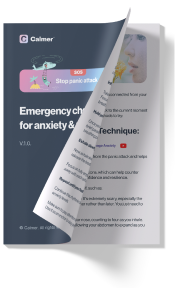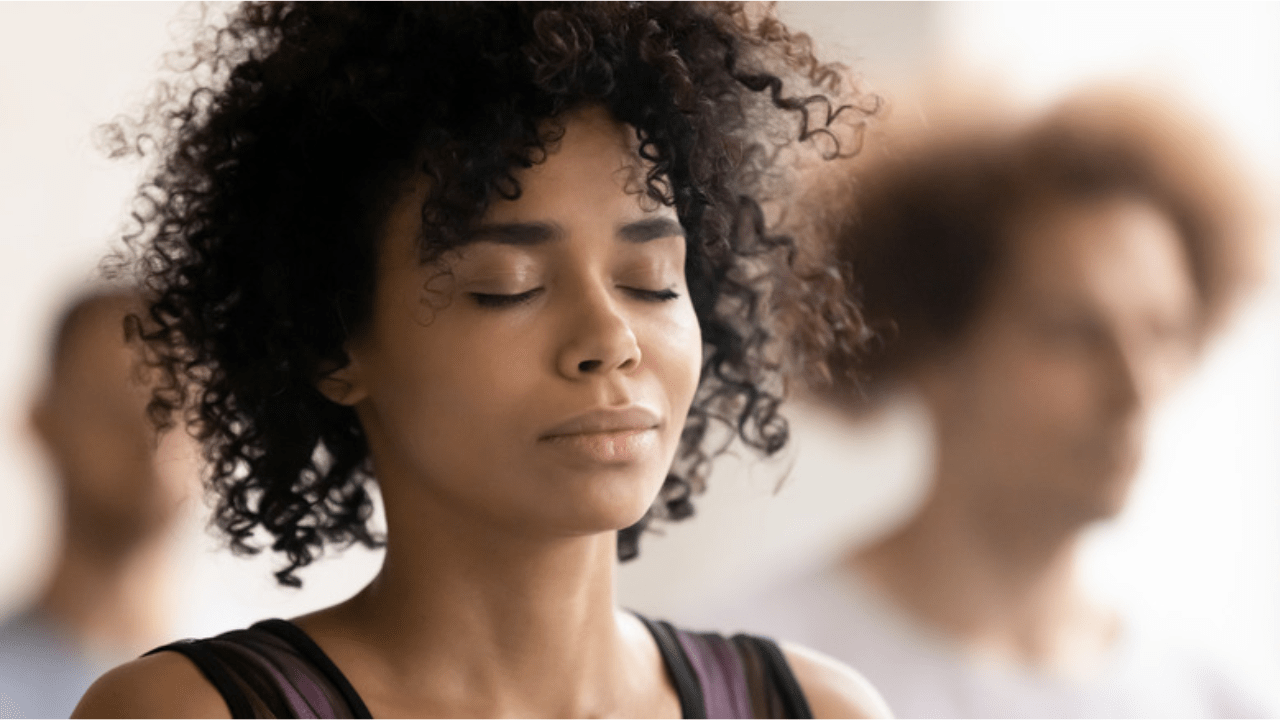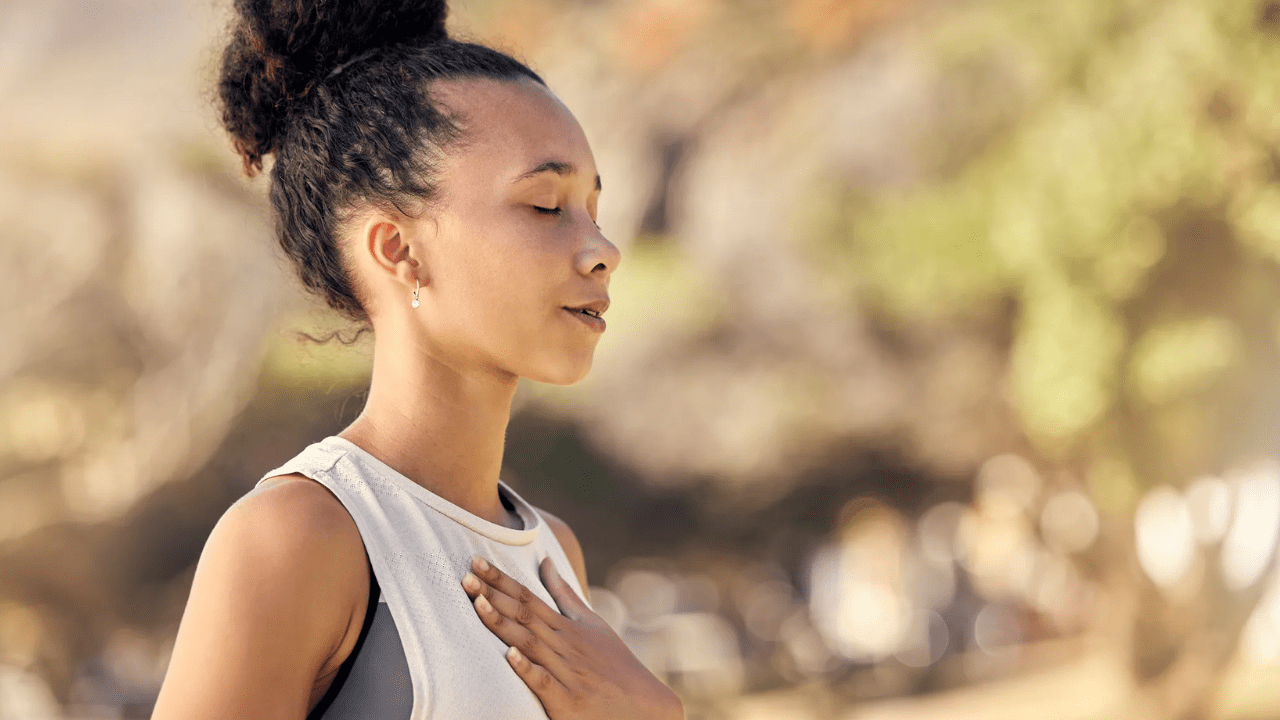Having an anxiety attack can be a scary experience, especially if you have trouble breathing. However, shortness of breath, otherwise known as dyspnea, is a common symptom of anxiety. Anyone experiencing shortness of breath would naturally worry about their physical health and maybe even suspect a heart problem.
Fortunately, there is no need to jump to the worst-case scenario. Here’s how you can tell if your shortness of breath is from anxiety or another physical ailment and whether you should go to the doctor.
Causes of Shortness of Breath
Shortness of breath is a feeling of inadequate airflow into your lungs. In other words, you feel like you have to work harder to breathe, which may even be accompanied by some chest tightness. Shortness of breath can result from a range of different conditions.
Most of the time, the sensation signifies a heart or lung problem. However, that may not always be the case. You may also struggle to breathe as a result of non-pulmonary and cardiac conditions like allergies and anxiety.
Shortness of breath after quitting smoking is another common complaint. When you quit smoking, it takes a few weeks for your lungs to regain their normal functioning. So, between that and now, you may have trouble breathing while climbing the stairs and doing other physical activities.
Here is a comprehensive list of different conditions that can cause shortness of breath:
- Anemia
- Allergies
- Anxiety
- Cardiac problems
- Lung problems, including pulmonary embolism
- Pneumonia
- A respiratory infection
- Smoking
Shortness of Breath and Anxiety
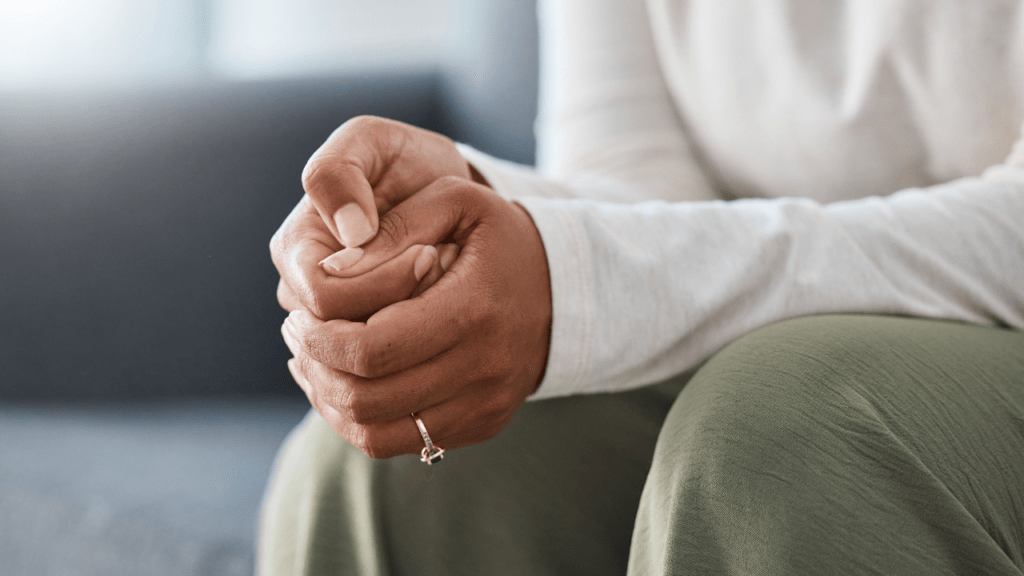
Anxiety is rooted in fear. During an anxiety attack, your brain reacts to a seemingly fearful situation by activating the body’s flight-or-fight response. This system, in turn, activates a range of physical and mental pathways to help your body combat the situation at hand.
For example, the flight-or-fight responses may increase your heart rate, causing you to pump blood faster to your body. This is done to provide more oxygen and energy to your muscles so they can escape the dangerous situation.
However, as a consequence, you may feel your breathing quicken, giving rise to that all-too-familiar shortness of breath. Dyspnea can also manifest as tightness in your chest, a feeling of suffocation, or hyperventilation.
In fact, anxiety attacks can cause a whole range of physical and psychological symptoms. Physical symptoms can range from:
- Headaches
- Trembling
- Sweating
- Heart Palpitations
- Frequent Bowel Movements
- Nausea
- Dry mouth
Meanwhile, psychological symptoms can vary as follows:
- Restlessness
- Difficulty falling asleep
- Difficulty concentrating
- Feeling of dread
- Worried
- Impulsiveness
How to Tell if Shortness of Breath is from Anxiety?
Unfortunately, it can be hard for someone experiencing an anxiety attack to determine whether their symptoms stem from anxiety or a much more serious medical condition. Typically, if anxiety is causing you shortness of breath, your symptoms will go away once you have calmed down.
However, keep in mind that calming down can take from minutes to hours, depending on the severity of your attack. During that time, your attack can even worsen due to stress or pressure at work or school, existing relationship problems, financial concerns, or new life changes.
How Do You Get Rid of Shortness of Breath From Anxiety?
To calm down from an anxiety attack and return to your normal breathing pattern, you will need to focus on your breathing. Although doing so might seem impossible, people have been able to calm down using the diaphragmatic breathing method. This particular type of breathing has been shown to improve breathing, blood pressure and reduce stress.
For this purpose, lie down comfortably on a flat surface. Start by placing one head on your diaphragm. This will be just below the ribs and right above your stomach. Then place your other hand in the middle of your chest.
Follow it up by slowly breathing in through your nose. This will allow your diaphragm to expand, raising your lower hand. Next, breathe out slowly, allowing your diaphragm to contract. You might need to perform the exercise a couple of times before you can return to normal.
You can also look into different ground techniques, like progressive muscle relaxation, and even try talking to yourself.
Treatment
While the above methods provide momentary relief, anxiety can be treated using a range of medications, psychotherapies, or even a combination of the two.
Medications

Your doctor can provide you with a prescription to manage symptoms related to your anxiety. Benzodiazepine is the drug of choice in most cases. Xanax (alprazolam), Valium (diazepam), and Klonopin (clonazepam) are commonly prescribed drugs.
Benzodiazepines work by suppressing your central nervous system. In other words, they turn off your flight-or-fight response and cause symptoms like drowsiness and feelings of calm. However, precautions should be taken while taking benzodiazepines.
Mixing them with alcohol can have fatal consequences. Your doctor can also prescribe beta-blockers and antidepressants.
Cognitive Behavioral Therapy
Cognitive Behavioural Therapy (CBT) is a unique type of psychotherapy designed to target the way you think and behave. CBT has been found helpful in the treatment of depression, anxiety disorders, and a range of other psychological problems.
The purpose of CBT is to equip you with the right tools to deal with your triggers head-on and break the patterns that cause your anxiety.
Mindful Meditation
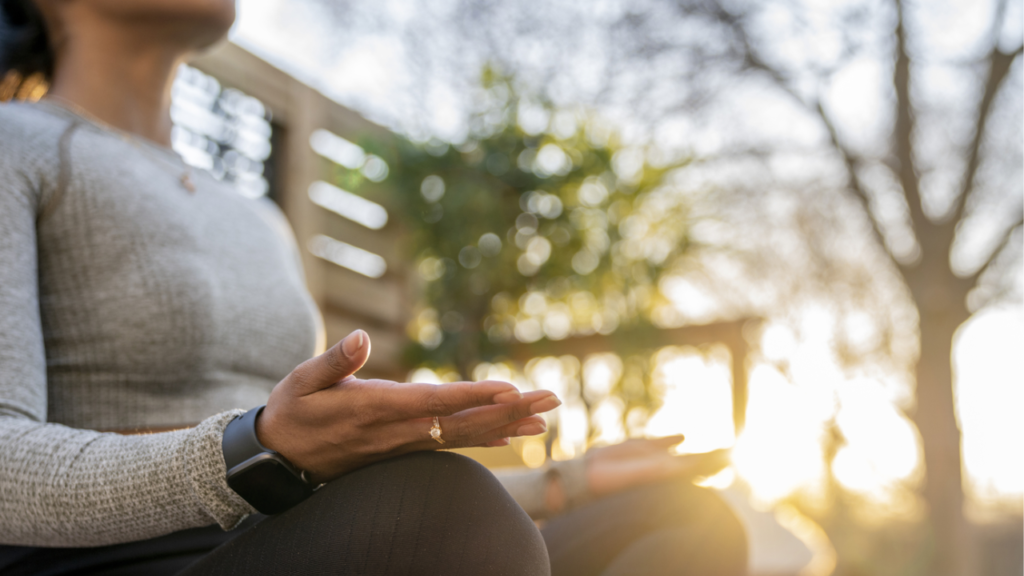
For people looking to treat their anxiety at home, mindful meditation can prove to be helpful as well. Such practices have been known to reduce stress and improve symptoms of anxiety. You can look up different practices online or even join a support group.
The basic idea is to focus on your breathing and the physical sensations around you.
When to Go To a Doctor?
You should go to a doctor if your symptoms of dyspnea persist even when you have calmed down or if you struggle with your breathing even when you’re not anxious. In the case of a potential heart problem, shortness of breath may also be accompanied by:
- feelings of tiredness
- tightness in your chest
- pain in your arm, radiating to your jaw, back, or shoulder
- increased sweating
- nausea, or vomiting
Conclusion
Summing it up, shortness of breath is a completely normal symptom of anxiety. It’s not indicative of a heart disease or other concerning ailments. Your breath will settle once you have regained control of your senses.
You can look into different grounding techniques and meditation exercises and pick one that best fits you. You can also refer to a mental health professional to manage your anxiety. However, if you believe that your shortness of breath does not stem from anxiety, you can get checked out by a doctor.

